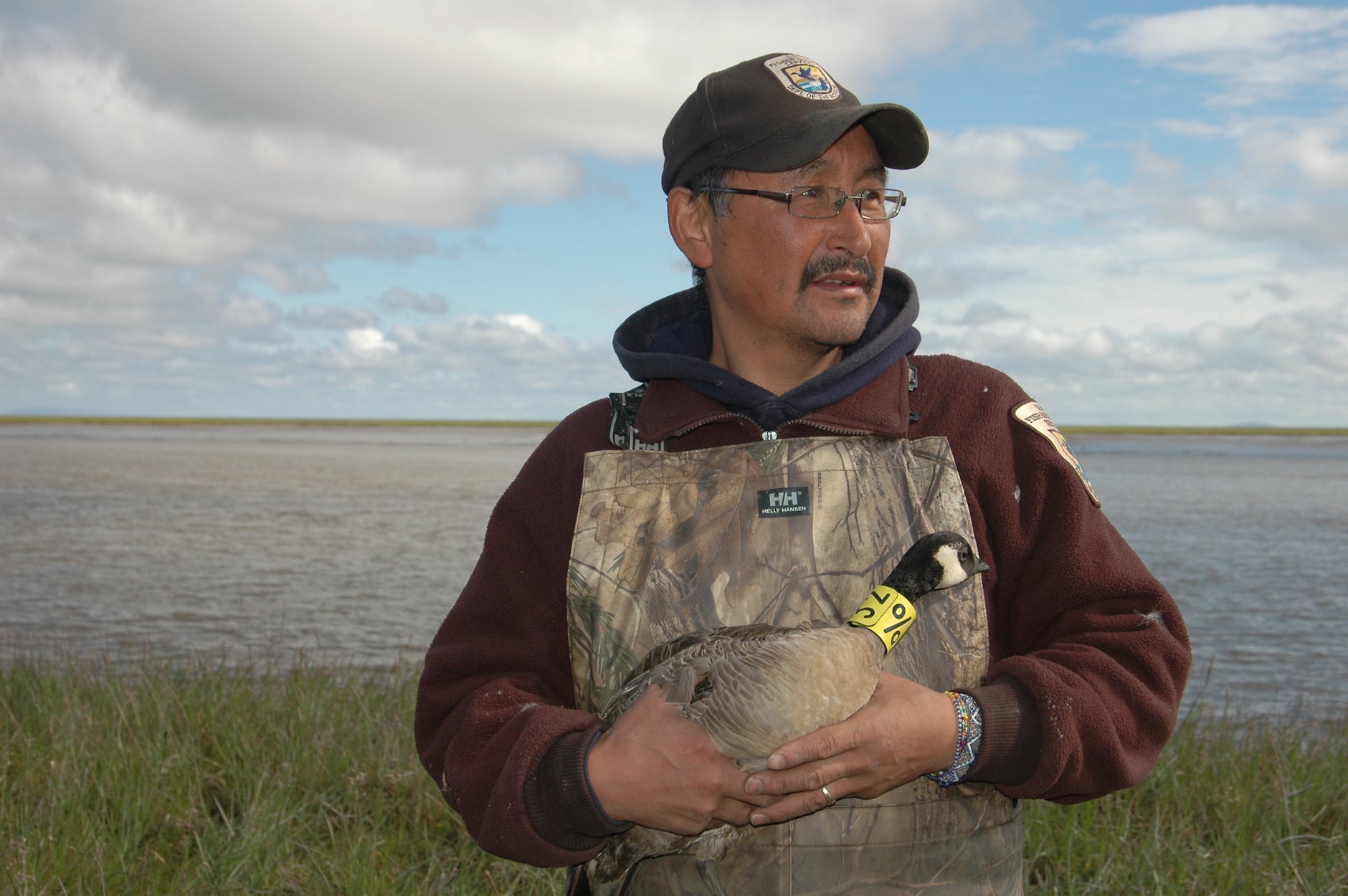[ad_1]

A fisheries ecologist and professor at Ave Maria College just lately led a crew of researchers in a research that explored the connection between leisure hunters and anglers and their surroundings. Their conclusion is one which many sportsmen and girls have lengthy recognized to be true: that searching and fishing could make us higher stewards of our land and water.
Amongst different issues, the research’s authors concluded that:
- By partaking with animals on a more in-depth stage and “pondering like a deer” or “studying a river,” we’re extra in tune with these animals and may perceive their wants higher.
- Being uncovered to and collaborating within the dying of an animal is a deeply emotional expertise that may result in reflection and construct a sense of duty. The load of this duty makes hunters and anglers extra, not much less, considerate.
- The visceral act of gutting and processing an animal is an excellent deeper stage of engagement that enables hunters and anglers to be a aware a part of the meals net.
Raised in Scotland in a family obsessive about trout fishing, lead researcher Dr. Samuel Shephard was in a novel place to discover this idea. (He now works within the biology division at AMU, the place he teaches programs in marine biology, ecology, and environmental science.) Shephard collaborated with researchers in Sweden, the Czech Republic, Germany, and New York, and the crew of authors revealed the research within the peer-reviewed journal Nature Sustainability on July 3. It references different writing and previous analysis to assist the conclusion outlined in its title: that “leisure killing of untamed animals can foster environmental stewardship” and convey us nearer to nature.
“We recommend people mustn’t retreat from nature, however as a substitute turn out to be as related as potential to their native ecosystems, together with by way of the consumptive use of wildlife,” the authors summarize. “Drawing on an intensive physique of literature from philosophy, anthropology, ecology and different fields, we exhibit how hunters and anglers can function optimum stewards below sure situations, exactly as a result of catching, killing, and consuming wildlife can turn out to be a path to stewardship duty.”
Shephard says this concept has been ignored and even turned on its head, as many individuals affiliate preservationist (i.e. “arms off”) beliefs with environmental stewardship. He argues that a greater option to look after the pure world is to embrace our place within the meals chain. And he believes that killing and consuming wildlife embeds people of their pure environment in a manner that no different outside expertise can.
“[Hunting and fishing] teaches you methods to take part within the ecology of a system,” Shephard tells Outside Life. “I feel killing issues, paradoxically, serves that function as a result of it sinks you below the floor of the system in a fairly profound manner.”
His suggestion flies within the face of evolving unfavorable feelings towards searching and fishing. Public approval for searching is the bottom it’s been since 2011, in keeping with a current annual survey. This bigger societal shift has motivated some outdoorsmen and girls to discover the deeper causes for why they hunt and fish.
In response to that survey, essentially the most extensively acceptable “why” is for meals. When hunters and anglers eat what they kill, their actions are rather more palatable to the non-hunting plenty. However Shephard believes this reasoning completely ignores one other vital advantage of harvesting fish and wildlife from our native woods and waters. The one caveat right here is expounded to “how” we go about this, because the researchers concluded that superficial interactions — issues like canned hunts, for instance — don’t foster the identical connections.
“Folks suppose, properly, at the very least you’re not losing the animal,” Shephard says. “However that’s not a really well-specified argument from the attitude of those that object to fishing and searching, as a result of for the overwhelming majority of us, what we kill is only a portion of our eating regimen. The kill is extra vital in its capability to permit us to come across nature in a novel manner, and acknowledge our place inside the meals net. It embeds us within the system in a manner that makes us perceive it, look after it, and take care of it. Consuming the animal is one a part of that embedding and connection-making course of.”
Learn Subsequent: The Coronary heart & the Cranium: A First Deer Hunt Brings You Nearer to the Wild
In the end, Shephard says, the motivation behind the research was to ask the query of who’s greatest positioned to be a steward of a selected panorama. A part of that reply, he believes, could be discovered by taking a look at Indigenous peoples around the globe. Shephard has labored with and studied a number of of those cultures, and he’s seen firsthand how their working data of an ecosystem helps them thrive there. However they didn’t acquire this information by leaving sources untouched, Shephard factors out. In reality, the other is true.
“People have been having huge impacts on ecosystems, not simply because the Industrial Revolution within the final 150 years, however for 1000’s of years,” he says. “In Tanzania, the Maasai persons are being exiled from quite a lot of their conventional lands with a purpose to create conservation areas, mainly for wealthy individuals to go have a look at. The irony is that these savannah lands solely appear like that as a result of they’ve been grazed by the Maasai’s cattle for 1000’s of years.
“So to reply the query of, ‘Who’s probably to be a very good steward?’ It’s in all probability the one who is most deeply embedded in a system, who understands it most, who has the data and expertise, and who cares about it essentially the most.”
[ad_2]


